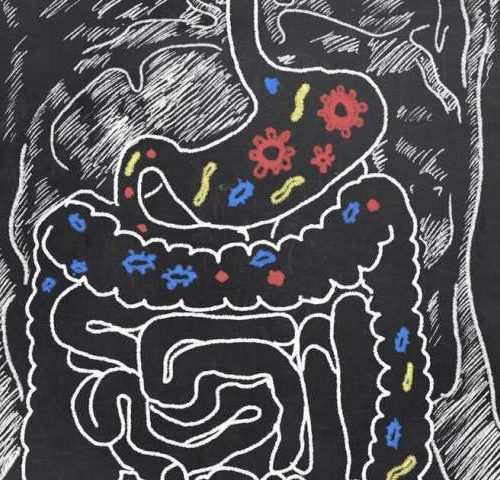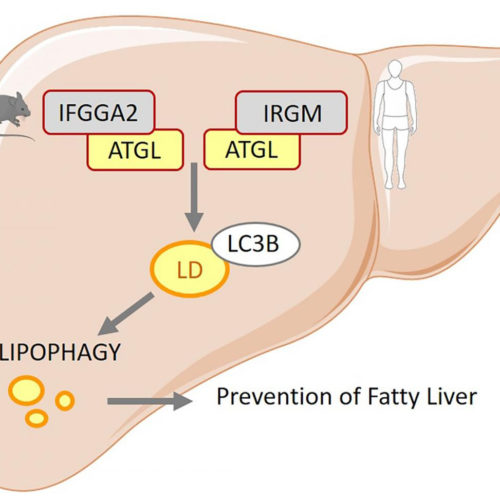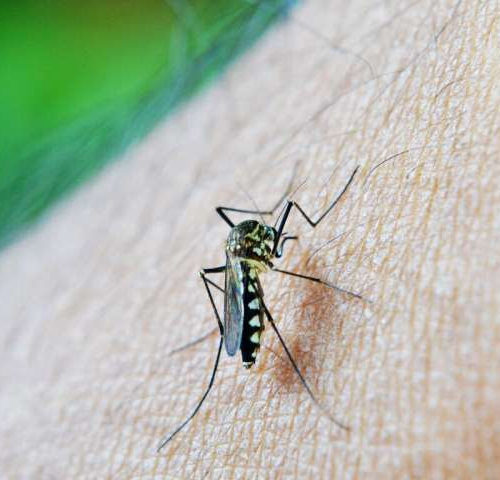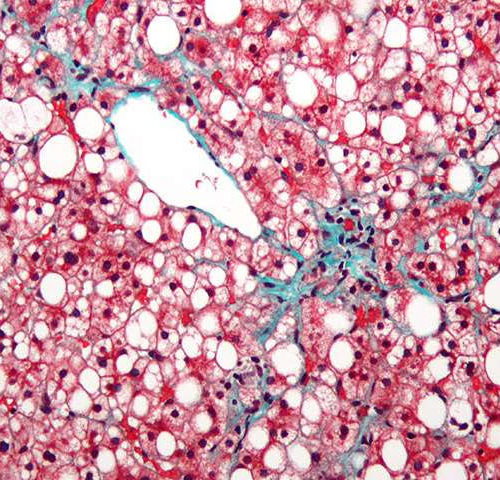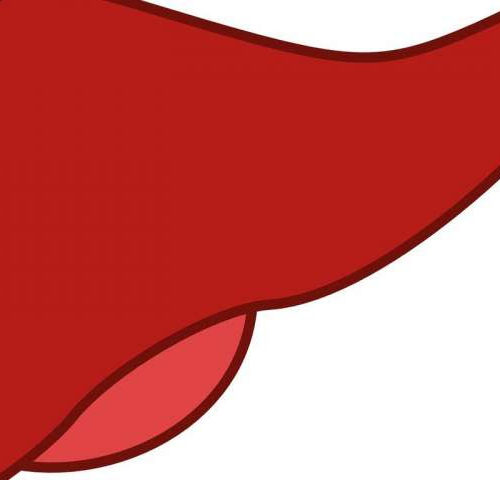Probiotics are live microorganisms, usually bacteria, that can be consumed to offer health benefits. The ability of certain microbes to confer health benefits on their host was recognized more than 100 years ago. In 1904, Elie Metchnikoff, a scientist at the Pasteur Institute, claimed that Bulgarian peasants lived longer by eating yogurt made from bacteria...
Tag: <span>liver disease</span>
Here’s What Happens to Your Body When You Cut Out Alcohol for 30 Days
Cutting out alcohol if you drink in excess can bring about health benefits for your liver, heart, and body composition. The current Dietary Guidelines for Americans recommend that alcohol should be consumed in moderation — up to one drink per day for women and up to two drinks per day for men. Alcohol consumption has...
Additional genetic cause for non-alcoholic fatty liver disease discovered
In Germany about 18 million people suffer from non-alcoholic fatty liver. The causes of this disease are manifold and include environmental as well as genetic factors. DZD researchers have now discovered new genes that play a role in the development of fatty liver. In humans and mice, respectively, the genes IRGM, Ifgga2 and Ifgga4 are...
Stevia extract reduces signs of fatty liver disease
In the near future, fatty liver disease is projected to become the major reason for liver transplants. A new study in mice has found that stevia extract can improve signs of the condition. Stevia extract may help combat nonalcoholic, or fatty, liver disease. Fatty liver disease, or nonalcoholic steatohepatitis, involves the liver being made up...
Malaria vaccine: Could this ‘ingredient’ be the secret to success?
by University of Melbourne This ingredient is an essential component of the malaria parasite, a protein known as RPL6, which makes the parasite “visible” to a type of immune cells, the T cells, in the liver. The researchers added the protein to their existing vaccine strategy, known as ‘prime and trap’, and tested their discovery...
Researchers develop new drugs for treating polycystic hepatorena
Polycystic hepatorenal diseases are hereditary genetic disorders characterized by the progressive development of multiple symptomatic cysts in the kidneys and/or liver that may cause alterations in the function of those organs and/or complications associated with their growth. Right now, there are no effective pharmacological treatments and the only curative option is organ transplant. Researchers at...
Researchers identify a fundamental protein to guarantee liver regeneration
by University of Barcelona\ Researchers from the Faculty of Medicine of the University of Barcelona and the CELLEX Biomedical Research Centre from IDIBAPS, in collaboration with scientists from the University of Sydney, University of London and the Research Institute Sant Joan de Déu, have identified in a study with mice a protein which is fundamental...
Diet, not exercise, may be key to addressing our biggest cause of liver disease
EDITH COWAN UNIVERSITY Edith Cowan University researchers have found that a chronic disease affecting up to 80 per cent of overweight people may be causing an iron deficiency that simply leaves them too tired to get off the couch. Fatty liver disease affects about one in three Australians and is often associated with being overweight...
Phage therapy shows promise for treating alcoholic liver disease
KING’S COLLEGE LONDON A team of researchers including those from King’s College London and the University of California San Diego School of Medicine, have for the first time successfully applied bacteriophage (phage) therapy in mice to alcohol-related liver disease. Phages are viruses that specifically destroy bacteria. In a paper published today in Nature, the team...
Liver-chip identifies drug toxicities in human, rat, and dog models
by Harvard University Among the numerous microengineered Organ-on-a-Chip (Organ Chip) models developed at the Wyss Institute, the Liver Chip is of special interest to a number of industries because the real-time analysis of complex biochemical interactions could greatly enhance the liver toxicity testing that is ubiquitous in the development of drugs, foods, and other consumer...

